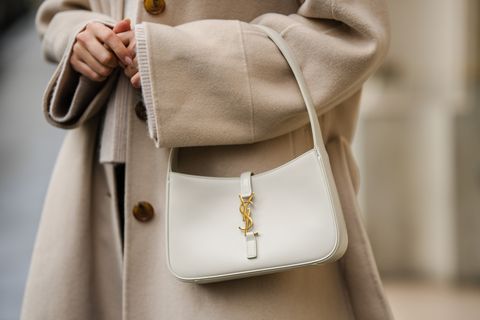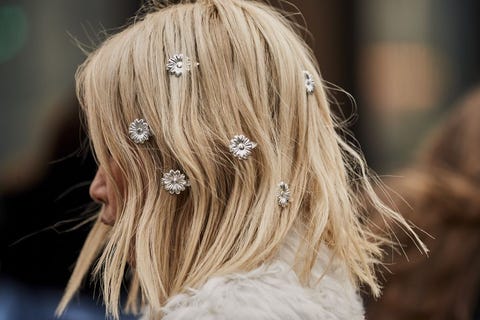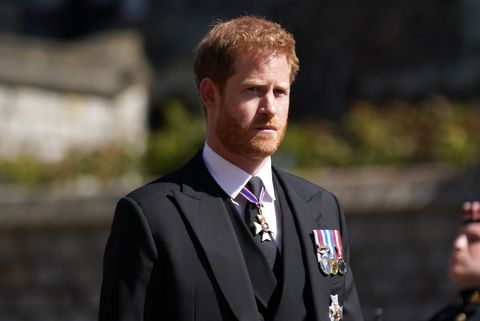In 2020 Billie Eilish published a corthography, titled Not My Responsibility that talked about bodyshaming. Specifically, the one she suffered. At the center of those four minutes of video was the body, which in the words of the record-breaking pop star, should “stop being the yardstick by which we judge other human beings.” Even before the short, Eilish had brought the fans’ attention to the subject of physicality and aesthetics when, during a maxi concert at the American Airlines Arena in Miami, she had stripped off her usual extra large clothes, to stay for first time in bra. She had done so with a message addressed to her audience: “if I wear comfortable things, I’m not a woman. If I take off layers, I’m no good. Even if you have never seen my body, you judge it and you judge me for it. Why?”. But his questions didn’t end there: in Not My Responsibility she asked and wondered “Do you know me? Would you like me to be smaller? Weaker? Softer? Taller? Would you like me to shut up? Do my shoulders provoke you? Do my lips provoke you?”. And as he stripped off his hoodie, shirt, tank top, plunging himself into a petroleum-black liquid, he concluded: “We make assumptions about people based on their size. We decide who they are. We decide what they’re worth. Who decides what it means if Am I more or less dressed?Is my value as a person based only on your perception? OR Is your opinion of me not my responsibility?“.
One consideration which, however, is to be made in the face of a motivational discourse which is undoubtedly acceptable, is that, and we will see other examples, for famous people there is much more than in the past the need to create a narrative around their appearance. Narration that often matches with a justification linked to how one appears and how one has changed over time. The mechanism by which a series of comments related to the body of a celebrity is followed by the story of the same on why she looks like this has become a sort of automatism. There are few, very few, those or those who don’t care. Who succeeds, usually, is someone who has chosen to leave social networks, see Lana Del Rey, or those who use them purely for business, like Rihanna does. RiRi only cares about selling lingerie or beauty products from her Fenty brand and in her feed you won’t find any responses to users who thought their opinion on the Super Bowl queen’s look or style choices was valuable. Today it could be that not talking at all about how we have legs, stomach, face, hair is a more effective message than dwelling on it all the time. It could be that you take the trouble to shoot a video, as you have been doing these days Ariana Grande (who at the age of just 29 has quite a lot of experience in defending himself from comments and attacks) where he explains why in that particular photo he appeared “different from usual” is something that feeds the monster, instead of appease him.
And again: Nicola Coughlan (you certainly remember her as Penelope in the costume series Bridgerton by Netflix) dedicated an Instagram post to the topic: “If you have an opinion about my body please, please don’t share it with me”. In 2017, Serena Williams wrote a letter from her to her mother, Oracene Price, and shared it on Reddit. She was about the shame she has faced about her body throughout her career. “I was called a man because I looked strong outwardly,” wrote the 23-time Grand Slam tennis champion. “No, I just work hard, and I was born with this tough body and I’m proud of it. We’re not all the same. We’re curvy, strong, muscular, tall, petite, just to name a few, and we’re all the same: we’re women, and proud!” . Williams’ message is again a justification for how it looks, which while after decades of being taught that all bodies can and should be the same shape to be worthy, ‘healthy’ or beautiful, especially bodies bodies of women, on the other hand he returns to nourish a shared obsession around appearance and aesthetics. We can’t say if it was worse to perceive the sidereal detachment between the famous women of the 90s, who rarely went out of their way to explain why they appeared in a certain way, or the sometimes maniacal narration on the body that invades social media and the media today.
Perhaps Adele was right when she told Vogue: “People are shocked that I haven’t shared my ‘journey’ to weight loss. They’re used to people documenting everything on Instagram. I don’t give a fuck. I did it for myself and not for anyone else. So why on earth should I share it? I don’t find it interesting. It’s just my body“. A body exposed and commented on, but if whoever owns it stops giving such comments such importance that they have to enter into intimate details of their life as a kind of justification, perhaps those who feel entitled to share those comments could soon get tired of doing it All this does not mean shelving the topic of body shaming, but it means starting that discourse in a free and independent way, when and how one wishes, and not as a reaction to the judgment of others. Because that is a trap that defuses the power of claiming oneself and how one appears.








